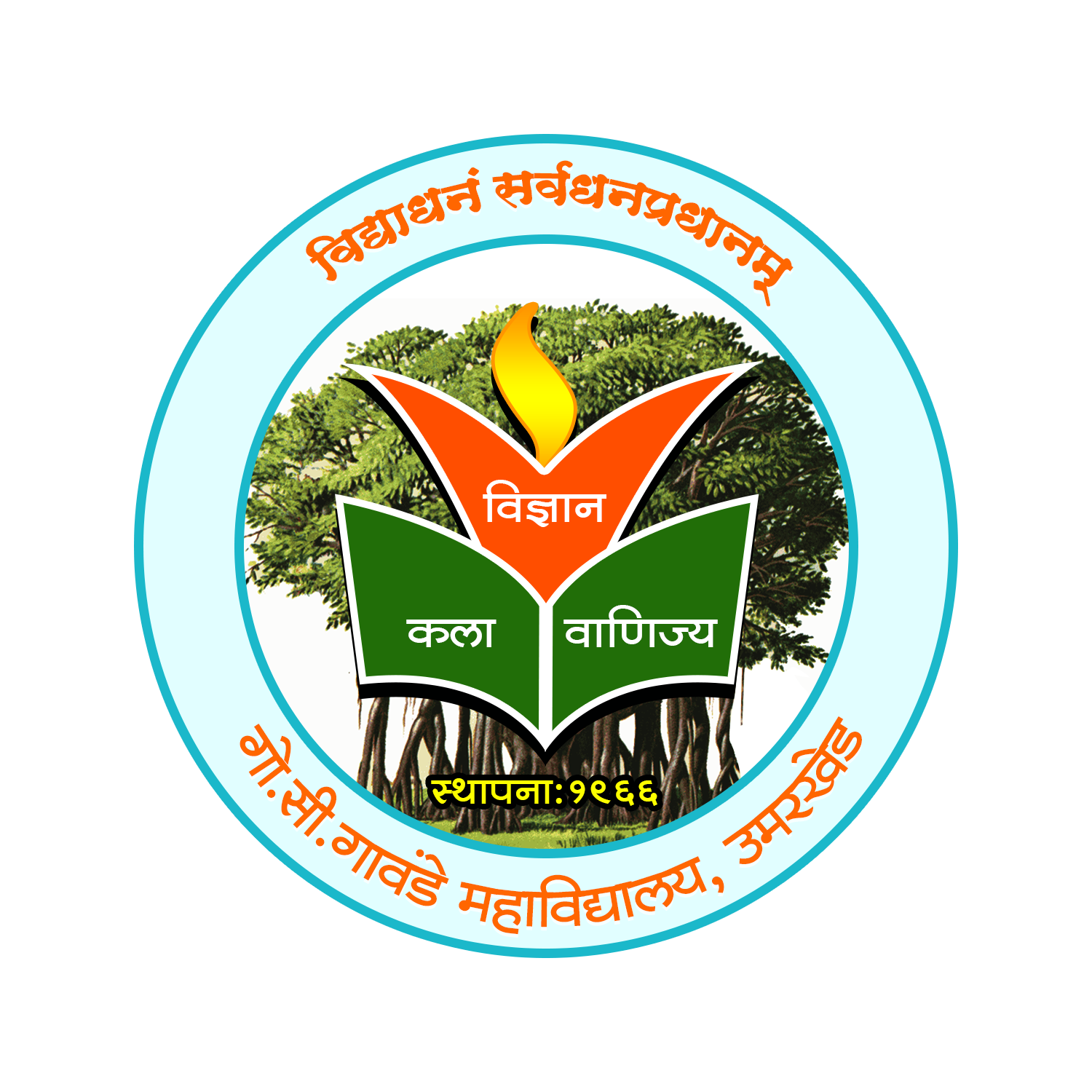

Restoring Soil, Water and Hope for Farmers
Introduction:
In the last 20 years, nearly 300,000 farmers in India have ended their lives by ingesting pesticides or by hanging themselves. Farmer suicide rates have been the highest in Maharashtra with over 60,000 farmer suicides during the same period. Within Maharashtra, the Vidarbha region has been sadly considered “virtually the epicenter of farmer suicides.” Within Vidarbha, Yavatmal District is one of the six worst-affected districts, with 200-400 farmer suicides annually. The need for deep transformation of the underlying agro ecological system is apparent.
Problem statement:
In a time when the effects of global warming is obvious in changing rainfall patterns and increasing summer temperatures, farmers depending on nature are the most vulnerable. Unpredictability of natural resources has rendered farmers dependent on loans which often come with unaffordable interest rates. A crop failure in a season returns them to the vicious cycle of loans upon loans until the farmer resorts to suicide. This is the plight of the people who bring food to our tables. Meanwhile, a report by the World Bank predicts that global warming will put even more lives at risk by the year 2050.
Our intervention:
Maati-Paani-Asha (MPA), meaning Soil-Water-Hope, is a project in Yavatmal District, Maharashtra seeking to create positive long-term transformation by the year 2050. It is funded by Student Educational Support Association, USA (SESA) and works in collaboration with a rural community college, G.S.Gawande College, Umarkhed. The goals of the project are to uplift farming communities, transform the agricultural landscape, and change the dire forecast through a holistic approach with multiple interventions: Indigenous Technical Knowledge Documentation, Water Management Research, Mental Health Assessment, Practical Educational Course Development, MPA Farmer Study Groups, Model Farm, and Nutrition Gardens.
Action plan and work done since 2021:
We are harnessing international resources to support the MPA Center’s multi-prong approach to understanding and addressing the plight of farmers. Four international projects are underway in collaboration with international universities. The Indigenous Technical Knowledge project with Portland State University is documenting indigenous technical knowledge of farming practices in 5 villages. The AP DSM-5 Mental Health project with Ohio University is assessing depression, anxiety, and suicide risk among farmer households in 5 villages. The Water Management Research project with Ohio University is studying the use and allocation of irrigation water in Umarkhed taluka. The EcoGather Practical Educational Course Development project is a collaboration with Sterling College, Vermont and farming organizations in four countries to create practical courses in agroecological farming and food systems thinking.
MPA Farmer Study Groups help farmers transition to regenerative agriculture and adopt agroecological practices. Farming with MPA is more than organic farming. It is farming that is sustainable and low-budget, uses natural resources efficiently, enhances the ecosystem, and diversifies farm-based income sources. It involves regular meetings with farmers, collective decision-making as farmers transition their farms to MPA Farming methods, in-farm organic insecticide and organic booster preparation, in-soil rainwater capture, tier system of planting, trainings, organic certification support, and matching village seed collection with seed giveaways.
We have ongoing monthly meetings with 16 MPA star farmers from among 7 out of 10 chosen villages.
In the Nutrition Garden project, emphasis is given on the use of a low budget (space, seeds, time, resources) to make a garden of your choice in terms of size, number of plants and type of plants. Nutrition Garden monthly meetings happen in two villages among 15 households. Demo nutrition gardens are active in three schools.
Techniques in regenerative agriculture we gather from different sources including Indigenous Technical Knowledge from farmers are used to design the Model Farm. This is implemented in the Model Farm to record data regarding successes and failures and demonstrate it to the farmers.
Conclusion:
We at the MPA Center believe that the current situation of the farmers does not have to be the same forever. Combining the traditional techniques of agriculture with modern non-chemical methods will make the farmer regain their original capacity and pride that he/she used to have 2-3 generations ago. The nutrient rich and poison-free food will nourish people the way food is supposed to function organically. The food on our tables will be accompanied with justice, pride and purity.
For more information, please call or WhatsApp at +918983771256 or email at briju.bj@gsgcollege.edu.in
Betsy J. Briju PhD. (Ohio University, USA '11) MSc MBB (IARI '05) BSc. Ag. (KAU '02)
Co-Director, Maati-Paani-Asha Center G.S. Gawande College, Umarkhed, Yavatmal Dt. Maharashtra, INDIA 445206